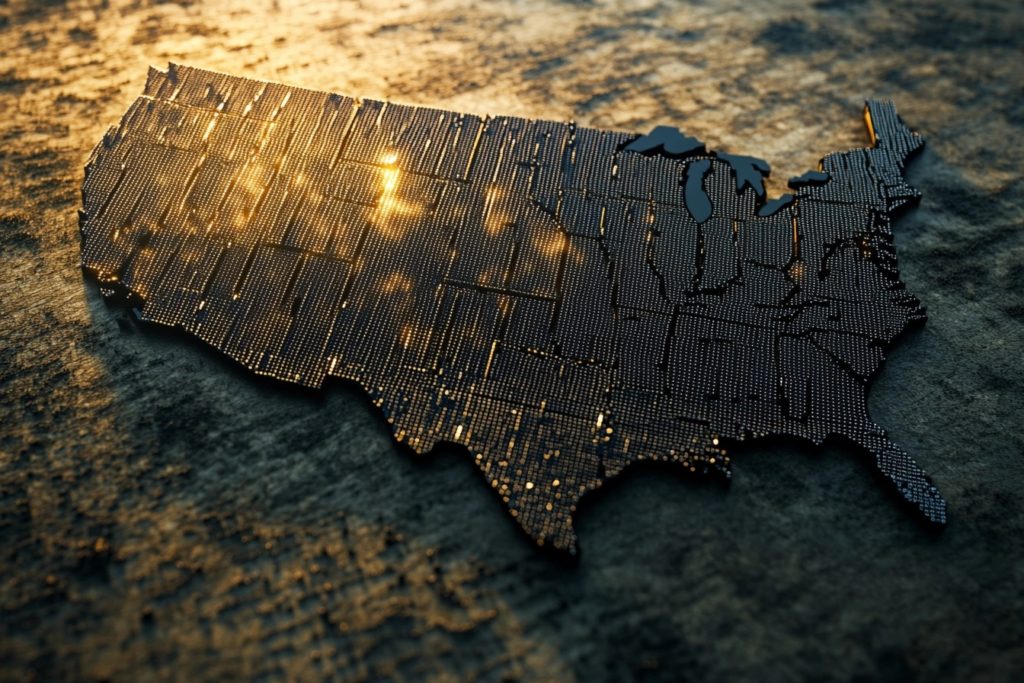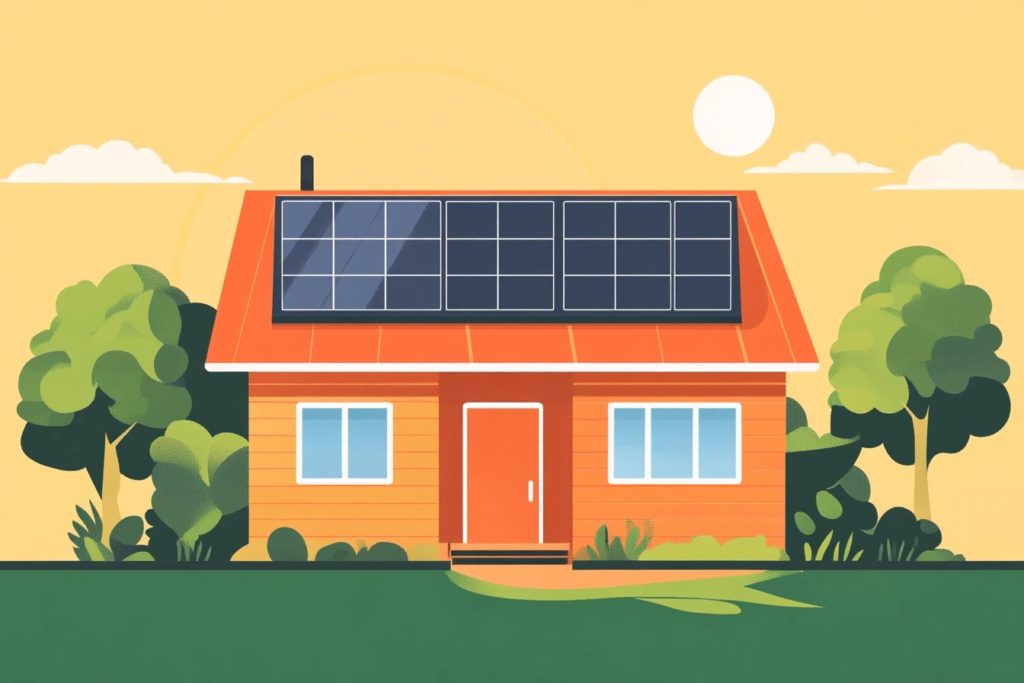All across the country, more and more Americans are installing solar panels for home use. And it’s easy to see why — you can save a considerable amount of money while also doing your part for the environment. Despite the growing popularity of residential solar power systems, many people still have questions about selling a home with solar panels.
If you are looking to buy or sell a solar home, you will want to know how much you can expect the home solar power system to affect its value. As it turns out, there’s a big difference depending on whether you own your solar panels, financed them with a solar loan, or entered into a purchase power agreement (PPA). There are also some more specialized methods for acquiring solar panels for your home that are only available in certain parts of the country.
Let’s discuss the details of each financing option and see how they affect the process of buying and selling homes.
Initial Expectations for Solar Homes
Before we dive too deep into the specifics, it’s important to point out that residential solar power systems almost always save homeowners a considerable amount of money. This is because, no matter how you purchase them, solar panels for your home produce energy at much lower rates than the vast majority of utility companies offer.
In addition, solar energy is far better for the environment than using electricity generated by fossil fuels. Still, not every homebuyer wants a home solar power system. That’s why you should know as much as possible about the home’s solar panels before you buy or sell the house.
The Four Most Popular Ways to Pay for Solar Panels
Not all solar panel purchases are created equal. It is true that solar panels for home systems typically increase the value of a home by roughly 3% to 5%. However, if you’re buying or selling a solar home, the value of the solar panels largely depends on how they were initially purchased. These are the most common ways to pay for residential solar power systems.
Up-Front Cash Purchase
If the home’s solar panels are fully owned, that’s the best-case scenario. When you buy solar panels with an up-front lump-sum payment, your financial responsibilities for that solar system end, other than some occasional routine maintenance. Solar panels purchased in this manner are the most valuable for home selling purposes because they’re entirely paid for.
Solar Loans
Residential solar power can be expensive to install. That’s why so many people choose to finance their purchases with solar loans. An interesting twist to this option is the fact that the original homeowner who entered into the contract will remain responsible for making loan payments. The contract does not automatically transfer to the new homeowner.
If the home you’re buying has a home solar power system on a solar loan, you should find out if the asking price includes funds to help the existing homeowner pay off that loan. That said, while you might encounter greater up-front costs helping the seller pay for their solar loan, you will still most likely benefit financially from the home’s solar system. As long as the additional costs outweigh the long-term utility bills, you will come out ahead.
Purchase Power Agreements (PPA)
Solar leases and PPAs are similar to solar loans, with a crucial distinction. When you finish paying for a solar loan, you own the solar panels. When you finish paying for a PPA or solar lease, solar power companies will either ask you to extend the agreement or buy the system from them. If you don’t, they will remove your residential solar power array.
In most situations, a PPA will last for around 20 years. Throughout the life cycle of the contract, your solar provider will perform all necessary maintenance and repairs, and they also typically monitor energy production from your system. One important note is that a PPA or solar lease will almost always include a buyout clause that allows the homeowner to purchase the solar panels outright or transfer the remaining lease period to a new homebuyer.
PPAs and solar leases usually provide homeowners with fewer financial benefits than either up-front purchases or solar loans. However, they often have minimal initial costs or none at all. As a result, buying out someone else’s PPA or solar lease isn’t always a great idea — the structure of the PPA often front loads the financial benefits. If you’re buying a home with a solar lease or PPA, keep this firmly in mind.
Property Assessed Clean Energy (PACE) Financing
The least common of these options is to finance solar panels for your home through a Property Assessed Clean Energy program. This is because financing through PACE is only available in certain parts of the country due to local government programs. PACE financing is most comparable to a solar loan. However, there is often no down payment, and the contract usually stipulates an annual payment, rather than monthly.
The most important aspect of PACE financing for a prospective homebuyer is that any remaining money owed on the solar system transfers to the new homeowner when they buy the house. With a solar loan, solar lease, or PPA, the original homeowner retains financial responsibility unless the new homebuyer agrees to the transfer. With PACE financing, this responsibility remains attached to the home, not the person who owns it.
In Conclusion
We’ve covered a lot of ground in this article, and it’s understandable if you still have some questions about the differences between up-front payments, solar leases or PPAs, solar loans, and PACE-financed solar systems. Feel free to contact LGCY Power today, and our expert representatives can help you figure out which is the best option for your home.





